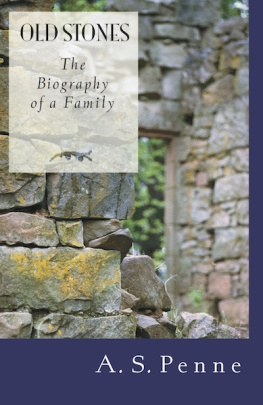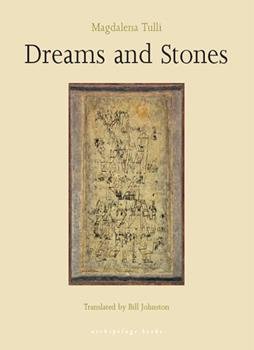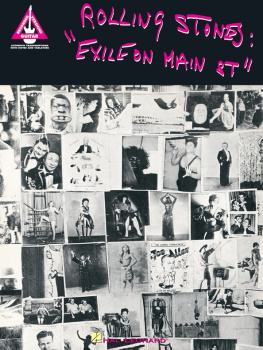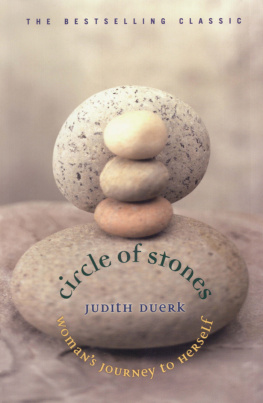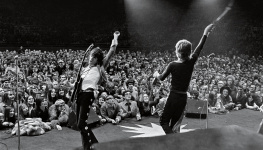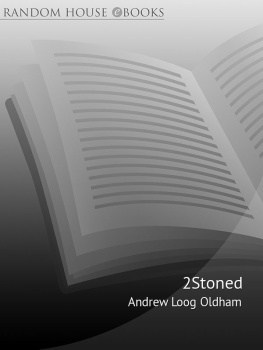Acknowledgments
I am indebted to Betty Keller for her longstanding efforts at bringing this book to print and to Edna Sheedy for her unfailing confidence in my abilities. For their continuous moral support, friendship and sometimes on-demand critiques, I thank Alys Howe and Anna Nobile. For their input at workshopping sessions, I am grateful to Jo Hammond (and husband Dick), Eve Smart and Dorothy Fraser. For her patience with my heel-digging, I also thank Vivian Sinclair. And finally, I am forever grateful to my parents for having the willingness and courage to share their personal stories, without which this manuscript would never have been written.
Copyright 2002 by A. S. Penne
All rights reserved. No part of this publication may be reproduced, stored in a retrieval system, or transmitted in any form or by any meanselectronic, mechanical, recording, or otherwisewithout the prior written consent of the publisher or a licence from The Canadian Copyright Licensing Agency (ACCESS Copyright). For a copyright licence, visit www.accesscopyright.ca.
Originally published by TouchWood Editions in 2002 in softcover
ISBN 978-0-920663-85-1
This electronic edition was released in 2011
ePub ISBN 978-1-926971-81-0
Cataloguing data available from Library and Archives Canada
Cover design by Pat McCallum, cover photo by Tania Strauss.
TouchWood Editions acknowledges the financial support for its publishing program from the Government of Canada through the Canada Book Fund (CBF), Canada Council for the Arts, and the province of British Columbia through the British Columbia Arts Council and the Book Publishing Tax Credit.
TouchWood Editions
www.touchwoodeditions.com

Dedication
This book is for my mother and in memory of my father (1923-2002).
Home is where one starts from. As we grow older
The world becomes stranger, the pattern more complicated
Of dead and living. Not the intense moment
Isolated, with no before and after,
But a lifetime burning in every moment
And not the lifetime of one man only
But of old stones that cannot be deciphered.
T.S. Eliot
from East Coker
(No. 2 of Four Quartets)
Resting Places
WHEN ANTHEA LEFT Humphrey early in their marriage, she went home to her parents at Clifton Maubank in Dorset. And though Humphrey made attempts to re-establish their relationship, Anthea maintained her distance. A few years later, she and her daughter moved with Bernard and Mary Firth to Coates Manor in Gloucestershire.
When Elizabeth was four, Anthea and her daughter moved out of the manor into their own house in the tiny village of Coates. Barely a city block beyond the large iron gates of the manor, The Thatched House faced the south fields stretching away from Coates Manor.
Perhaps Mother was tired of living with her parents or she wanted to have her own home, or maybe Granny couldnt stand having a small child around. Anyway, I remember walking up the road, pushing my dolls pram, the final piece of furniture to get moved from one house to the other. And we lived there for only about three years because in 1929, when I was seven, Grandpa died quite suddenly. He got pneumonia and died in about ten days, which people did in those times because there were no antibiotics for pneumonia.
I can remember being at the manor and everything was rather hushed, and there was a nurse in a uniform rushing about, you know. And we were all very quiet and mustnt make a sound, etcetera, which I understood. And then I remember a frightful row one day because Grandpas nurse used to take her dinner and meals with us. The maids refused to serve her at the dining room table because they said they werent waiting on people of their own class. And Granny said, You WILL! And they said they wouldnt, and she fired whoever it was, you know.
Moving back to Coates Manor after her fathers death, Anthea became the epitome of the good Victorian daughter. According to Elizabeth, Every time Mary wanted something done, Antheall do it, shed say, and Anthea did it.
Mary dressed herself in black for the requisite number of years after her husbands death and, even five years later, only ventured into purple, grey or mauve in a very quiet way. Sometimes, Elizabeth remembers, her Granny May would wear black-and-white print dresses or dresses trimmed with small amounts of white. But she considered herself the poor widow and continued to use writing paper with a black border for many years. By this time in her life, Mary had done with socializing and was content never to entertain again. Anthea, who wasnt social at the best of times, was happy to live quietly with her mother and daughter, avoiding visitors of any kind.
This was the atmosphere in the huge Georgian manor house where Elizabeth was raised.
The local morgue, she says, and grimaces.
After Bernards death, Mary Firth tried to maintain her exorbitant lifestyle, staying on in the large manor house and keeping an enormous staff. During the Depression, though, her standard of living was cramped by shrinking dividends from the crashing stock market, and she found herself overextended. Marys sons, concerned about the costs of running Coates Manor, asked their sister Anthea to pay room and board for Elizabeth and herself. Anthea was already managing the entire household, ordering supplies and making most of the decisions about the things needing doing on an estate of some size, but she agreed to help with the cost of servants and her mothers lifestyle by contributing a monthly wage from her substantially drained marriage settlement.
By this time of her life, Mary, who had always been short, was quite fat, spending most of her day in an armchair and never taking any exercise. It was always rather shrouded in mystery, but I think that after having five children everything internal had sort of dropped and she suffered, rather, from calamities of one kind or another.
So Elizabeths Granny May sat for most of her later years, not complaining, but never moving very far away from her armchair. She just tottered gently onto the patio for a few minutes except you didnt call it a patio. That was considered a silly, modern word. The terrace she went out onto the terrace and had Mother do everything for her.
Looking at the last photos taken of Granny May, I can see how much Elizabeth resembles her grandmother, how little like her mother she is. Much rounder and softer than Anthea, she admits she has her Granny Mays build, fat and fleshy. But she must have her fathers eyes, because there is no trace of Mays blankness or Antheas sadness there.
She also has a very different temperament from Antheas. Elizabeth wrinkles her nose and can look a bit cloudy when she dislikes something, probably a hangover from the days when she was to be seen and not heard, but Antheas ire was something to hide from. If the gardener had done something other than what shed requested or the washing-machine repairman hadnt come when he was supposed to, my sister and I knew better than to make our presence obvious. Granny Payne could easily reach a boiling point over something held inside too long and then we two girls would have to creep upstairs to wait it out, monitoring Grannys heavily lopsided gait as she paced in anguish across the flagstoned hallway. Peering through the banister railings, Id see the smoke of a cigarette like a cloud billowing from the top of a volcano curling over the grey head of hair below.

